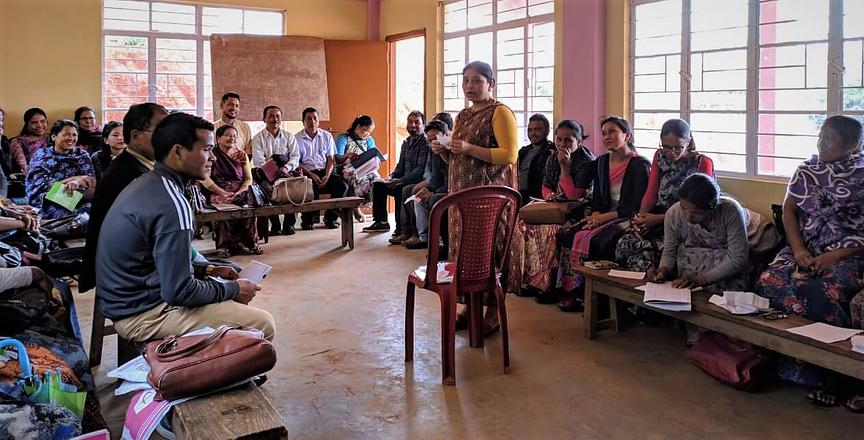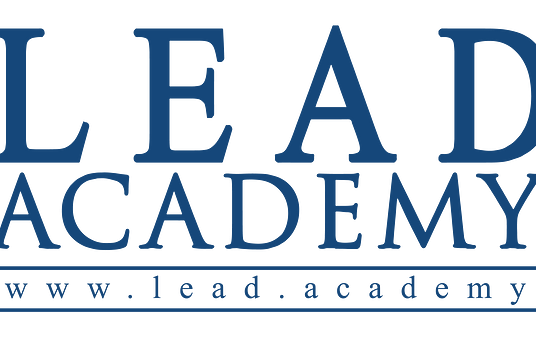The focus on enabling structures for collaboration amongst teachers is derived from the understanding of how learning happens. The continuous learning of practicing teachers emerges from the self-identification of their needs and ownership of their challenges. Dependency on external trainers takes away from the agency of teachers to solve their own problems collectively.
Monthly Teacher Collectives are being organized at a cluster level (15-20 schools) wherein teachers collaborate to design their monthly lesson plans, solve their problems and reflect on their classroom practices. Best practices get identified from within their context and strengthen collective self-esteem of teachers as professionals. Teachers are able to experience that learning emerges from their needs. And they are able to strengthen their abilities to plan, design, review through the feedback of their peers. The process develops a peer accountability mechanism which rests on mutual respect and learning. It develops ownership amongst teachers as key stakeholders of the education system with agency to innovate and problem solve. External evaluation studies have measured that 60 percent more primary school students attain grade level competencies when their teachers are part of monthly collectives. Teacher Collective Meetings have been institutionalized in several Indian districts.
Teacher Collectives were first implemented in 2005 in two clusters of Mysore District, Karnataka. The focus of IEC’s scaling approach lies in partnering with the government, showing impact through model districts, providing technical support to scale up and institutionalize the teacher professional learning processes across the state at cluster, block, district and state level. This approach has worked in scaling Teacher Collectives from 2 clusters in one state to 270 clusters across 9 states of India. In the largest states of India, Uttar Pradesh, the education department is currently being supported to take this approach across the 1.2 million schools that exist in the state.
Teacher Collectives are guided by principles of collaboration, agency for the teachers and structures that will support in institutionalisation. To contextualize this to one’s own geography, one needs to identify these structures that may exist for teacher development or initiate structures through which teachers can come together to plan, review and share their classroom experiences regularly.


